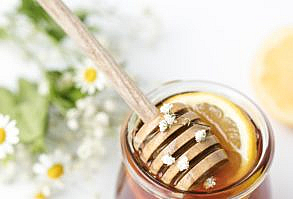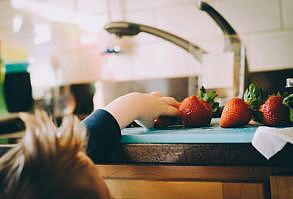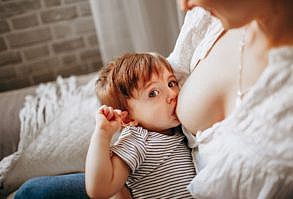Let’s talk about another myth from the sea of misconceptions new mommies have to deal with. One of the common fallacies told to new mothers regarding breastfeeding is that Breastfeeding causes tooth decay in babies.
The appearance of your child’s first teeth is a special moment for parents as a sign of their infant’s growth, but as soon as teeth form, the risk for tooth decay and cavities grows. Nursing mothers, don’t worry; today, we will prove this myth wrong and end all your concerns about tooth decay due to breastfeeding.

Does Breastfeeding at Night Result in Tooth Decay
Being a new parent is indeed challenging in a desi household, where along with nurturing your child, you have to handle your elders picking out your mistakes at every step. Parenting is hard in a society where we believe whatever we hear or our elders tell us, not knowing whether it’s good for our child or not. It’s a commonly told phrase to new mothers that don’t breastfeed their one-year-olds at night as it causes teeth to decay. But mommies, where is the truth? Today we will bust this myth that breastfeeding your children doesn’t cause tooth decay with facts ad some science-backed research.
Why People Think Breastfeeding Causes Tooth Decay
I know how soothing it is for mothers to watch their children go off to sleep when they are being nursed. Your little ones feel at ease because of it, but you are more afraid of tooth decay than anything else. Again it’s just the myth that breastfeeding your kid to sleep at night will cause its tooth to decay, as happens with bottle feeding.
The widespread and rapid tooth decay that happens in children over a year old is called nursing bottle or baby bottle syndrome. Nursing caries is rapid caries that spread to a child’s front teeth, so you will notice brown and white spots start appearing on the tooth. But the root cause of this tooth decay is milk bottle feeding at night.
This rapid tooth decay is caused if your baby sleeps while the bottle is still in his mouth. The bottle of milk or any other juice includes sugar and carbs; if the milk bottle is kept in the child’s mouth, the sugar content will become stuck there and cause tooth decay. Breast milk or processed milk, when gathered in the mouth, can cause nursing caries or tooth decay.
As a child actively suck milk in breastfeeding and swallows it, while in a bottle feeder, the milk falls into the oral cavity passively. Hence children who are breastfed to sleep have lower risks of getting nursing caries than those who use milk feeders.
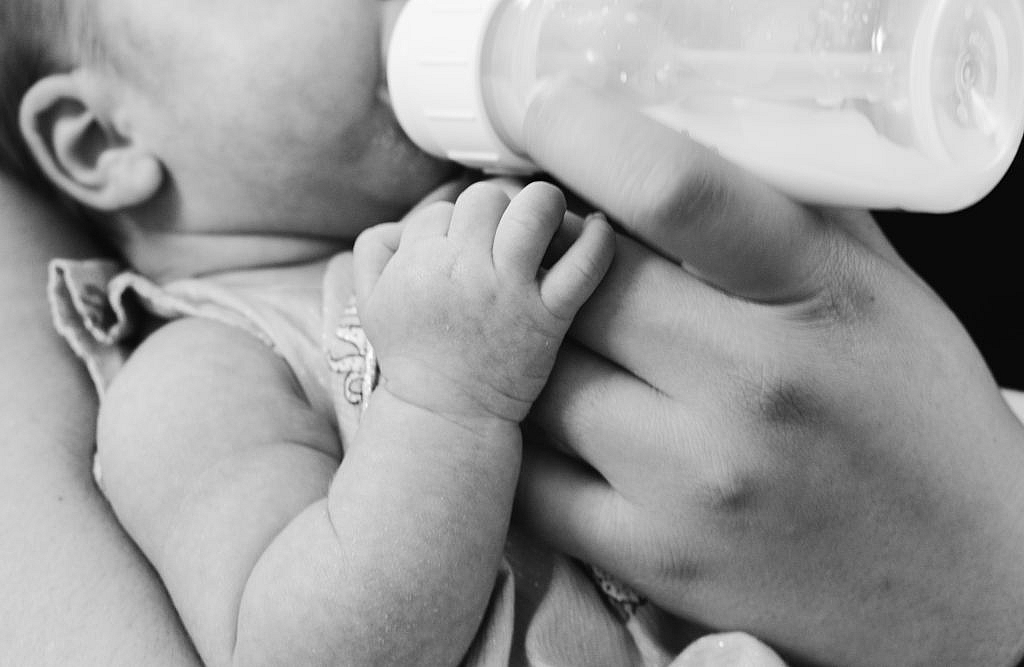
What Actually Causes Tooth Decay in Children
Let’s take a look at how tooth decay genuinely prevails when your children’s teeth are exposed to sugary beverages or sweetened milk frequently or over an extended period of time. The carbs in these drinks stick to the tooth’s surface, attracting the streptococcus mutant bacterium, which feeds on the sugar and releases acid that begins to corrode the tooth’s surface. It’s the diet and sugar intake that causes tooth decay mot breastfeeding.
Dentists Dr. Palmer and Dr. Tourney have concluded the results of thorough research that breastfeeding doesn’t cause the tooth to decay. Where they examined the skulls of children (1000 years ago) who have been breastfed for more than two years, and no tooth decay was recorded. So, to be clear, breastfeeding existed years before nursing caries took a disastrous toll.
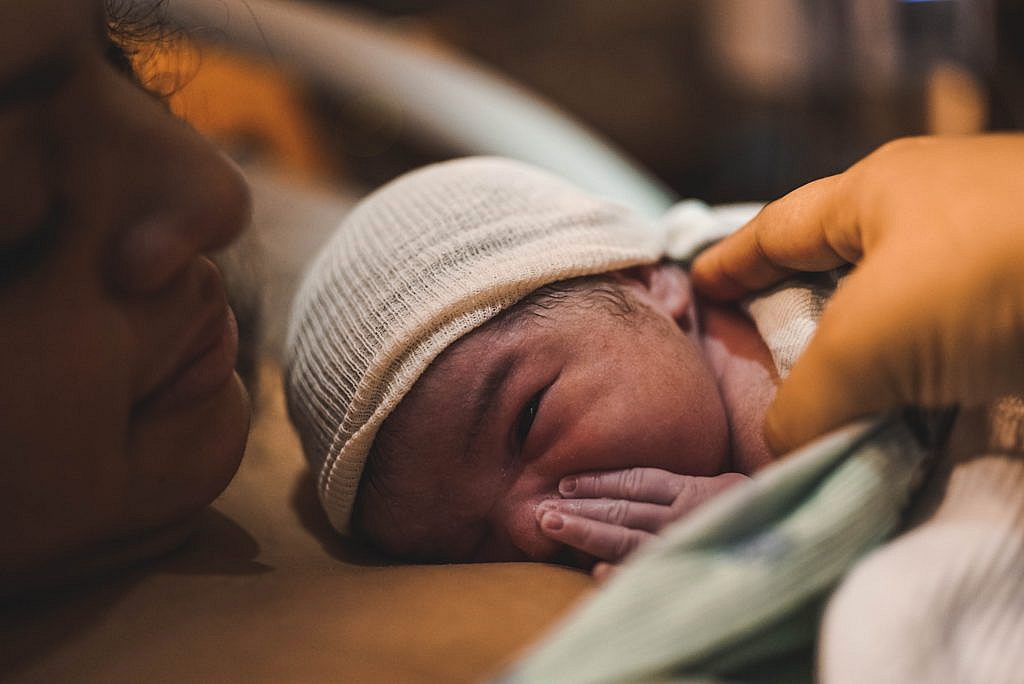
On the other hand, studies show that breast milk contains specific lactobacillus, human secretory antibodies which stop the adhesion of cariogenic bacteria to the tooth surface. Tooth decay is related more to other carbohydrates content diets than breast milk. So, in a nutshell, breastmilk is proven to have anti-cariogenic properties ad also promotes the remineralization of teeth, and provides strength.
According to a scientific study by PhD holder Dentists, Dr. Pamela R. Erikson and Elham Mazhari have deduced that human breast milk is not cariogenic unless another carbohydrate source is available for fermentation. Along with it, they evaluated caries-free children in good oral health who had no tooth decay but are breastfed by their mothers.
What Can We do About It
But mommies, we believe in extra care of our little ones, so here are some tips on how you can be always ahead of any trouble. Teething is one the most surreal experience for new parents but with teeth coming on comes great responsibilities. Make sure you
- Clean the gums of your infants with a clean, soft cotton cloth after every feed;
- Develop an early habit of brushing your little one;
- Don’t let your kid get habitual of feeding to sleep; and
- Sip water after meals so that the food particles can wash away.
So here were some preventive measures every mother should consider for their babies to stop baby bottle tooth decay and make their smiles the best.

